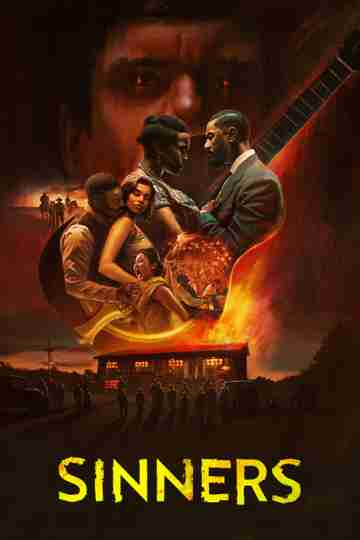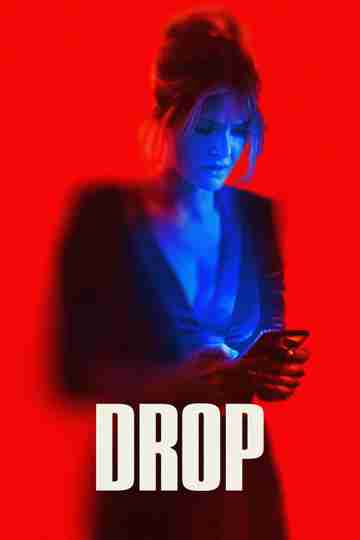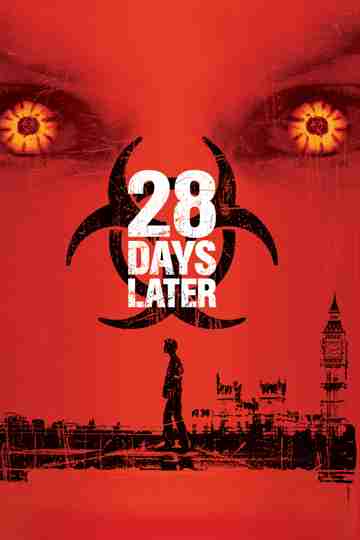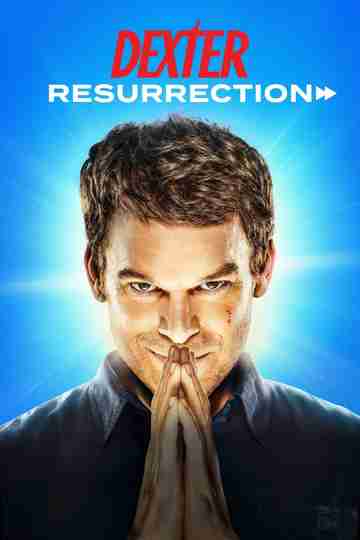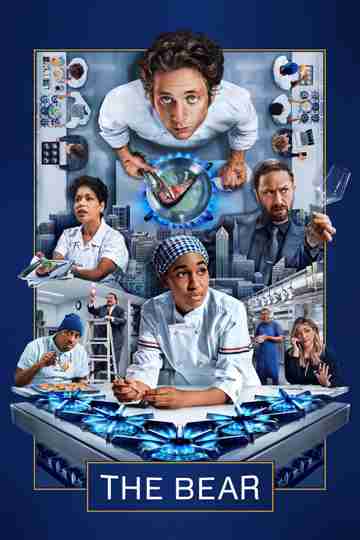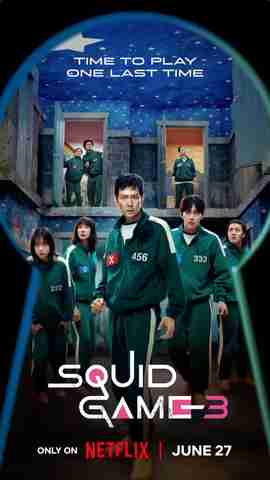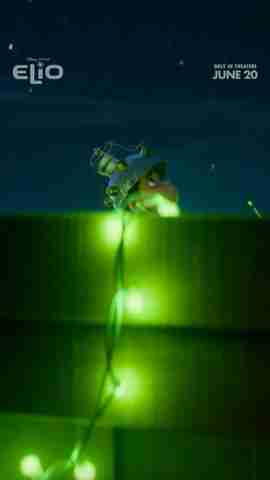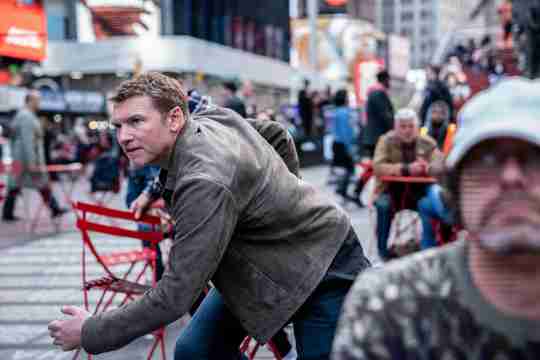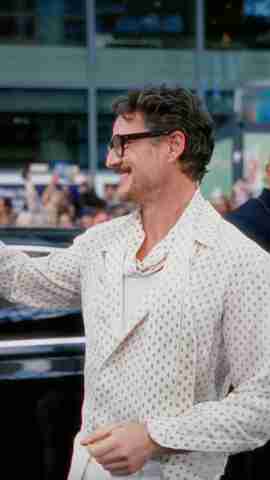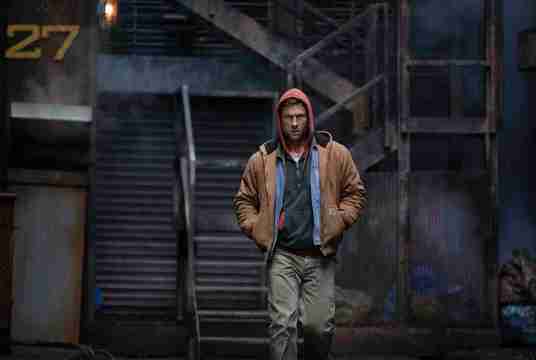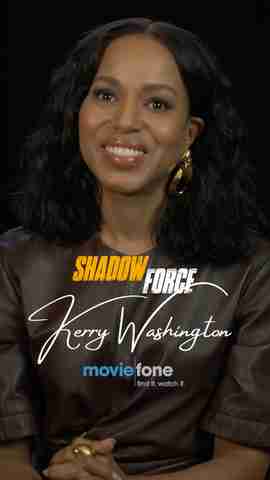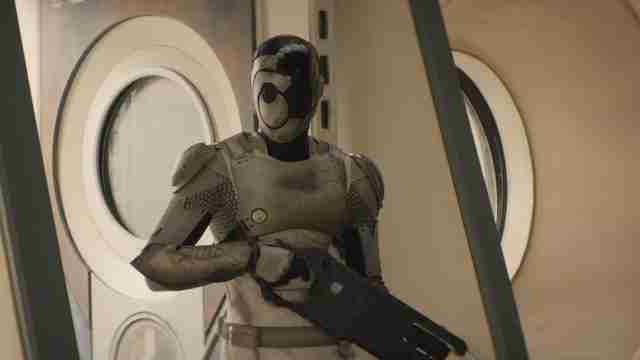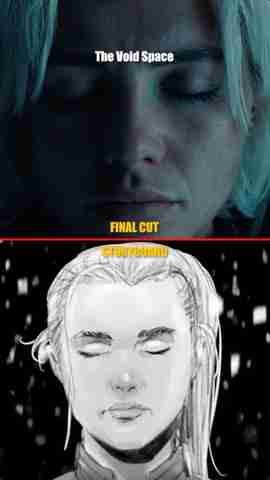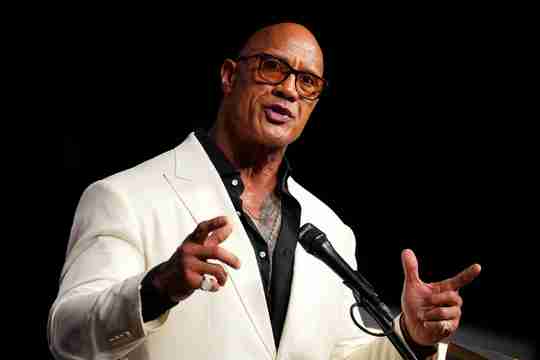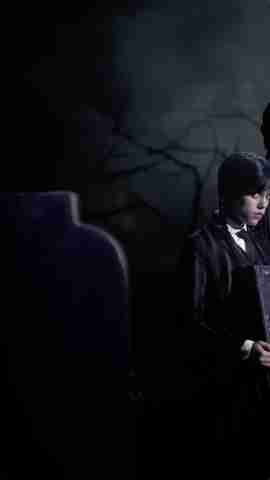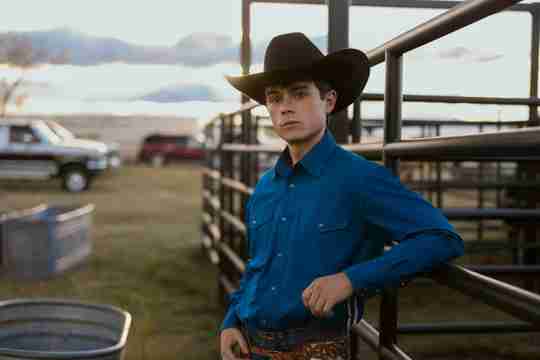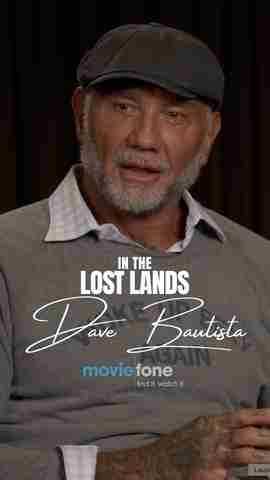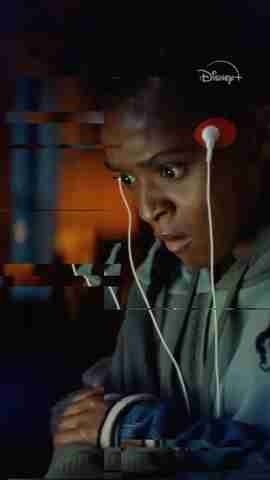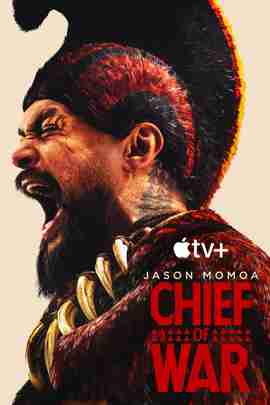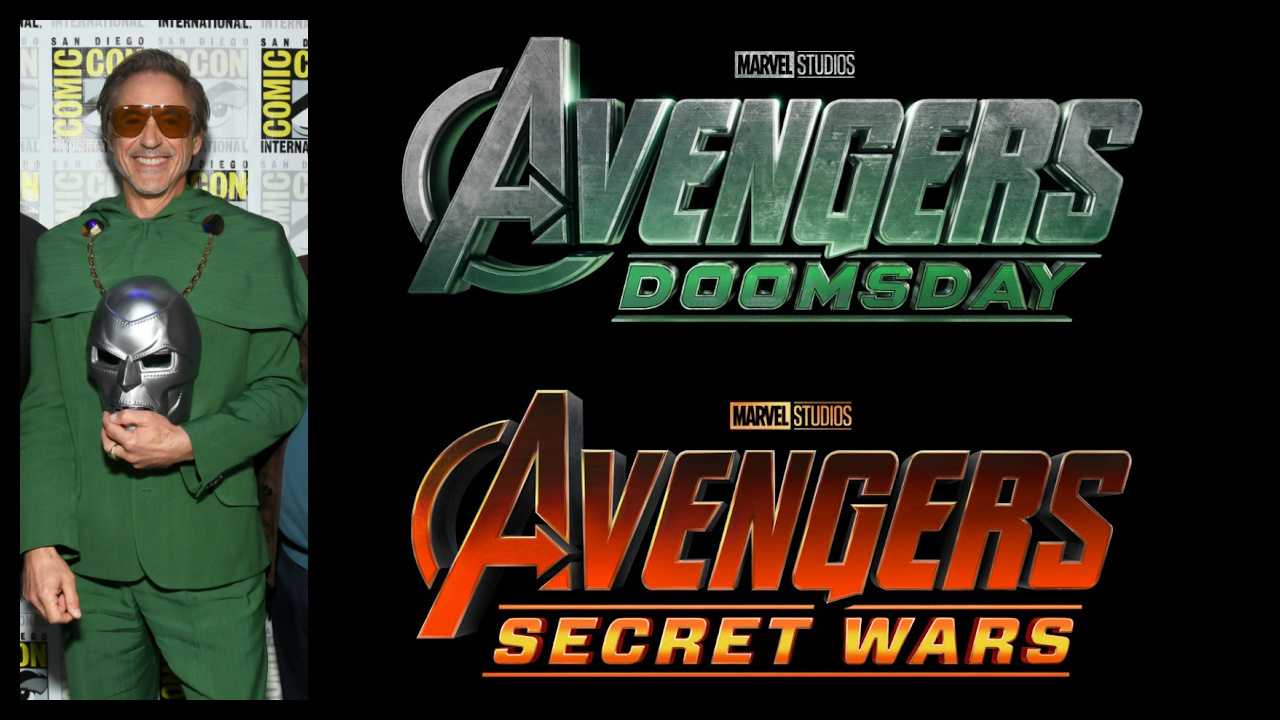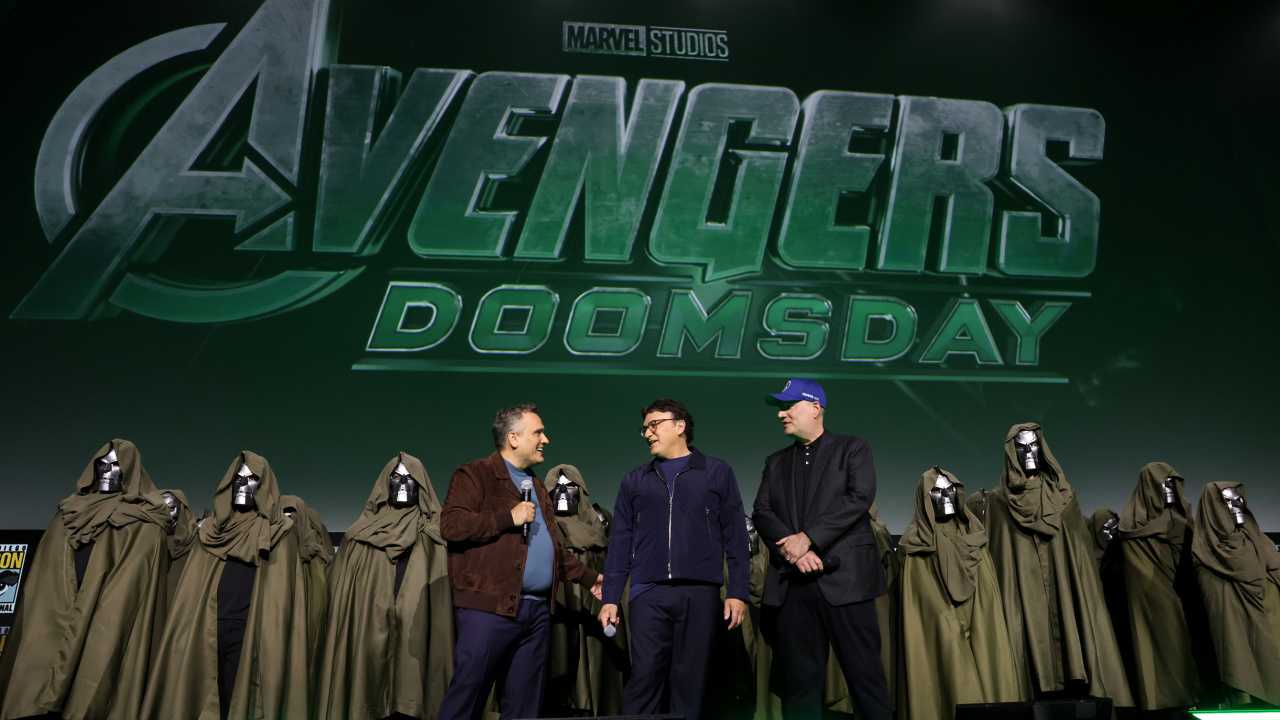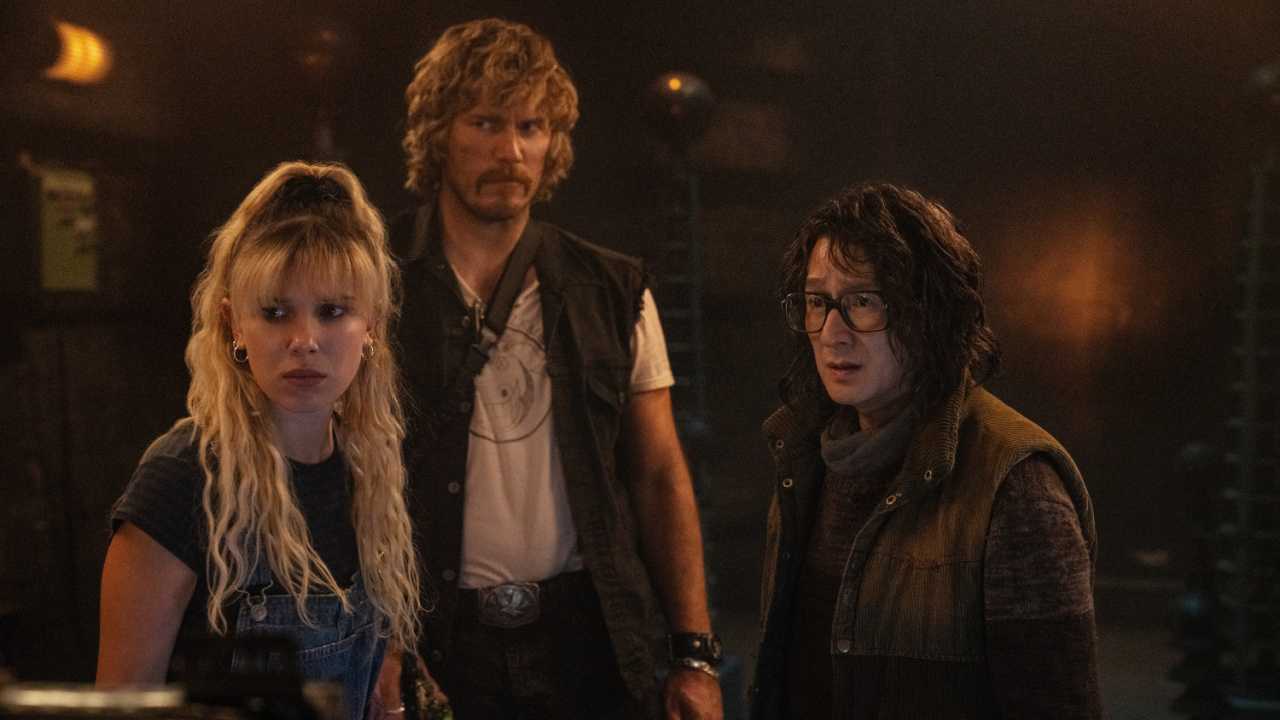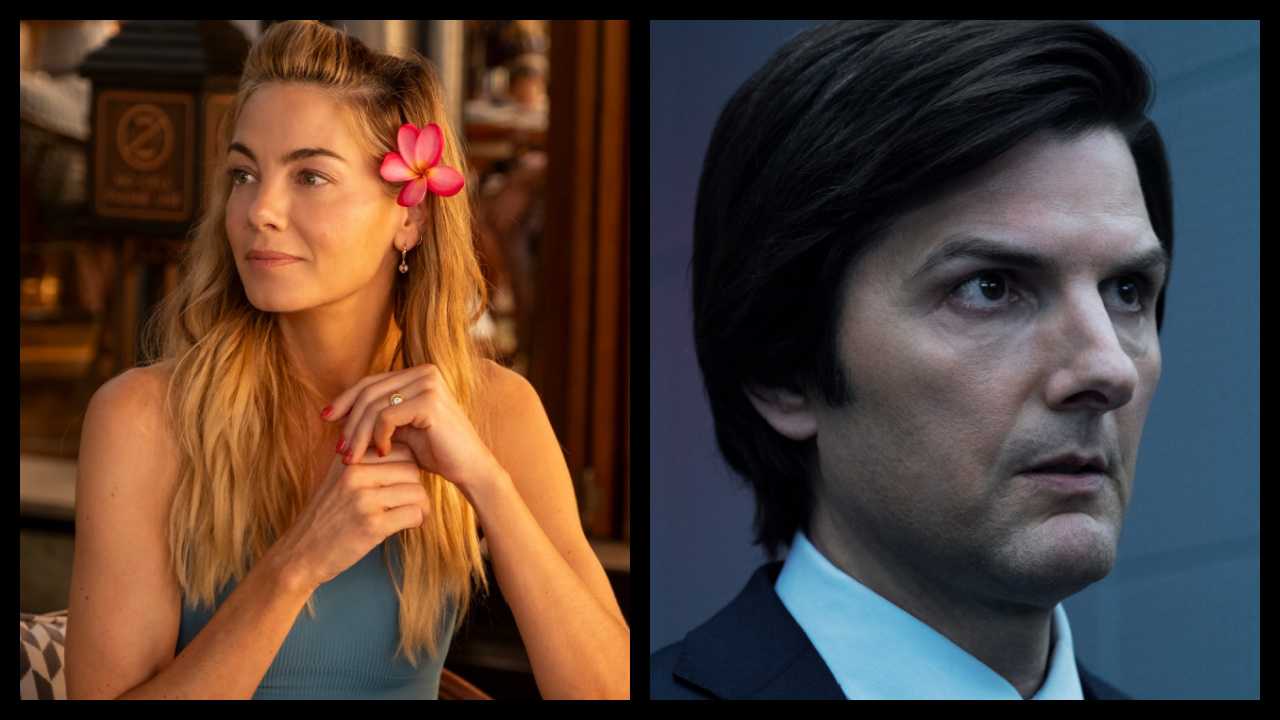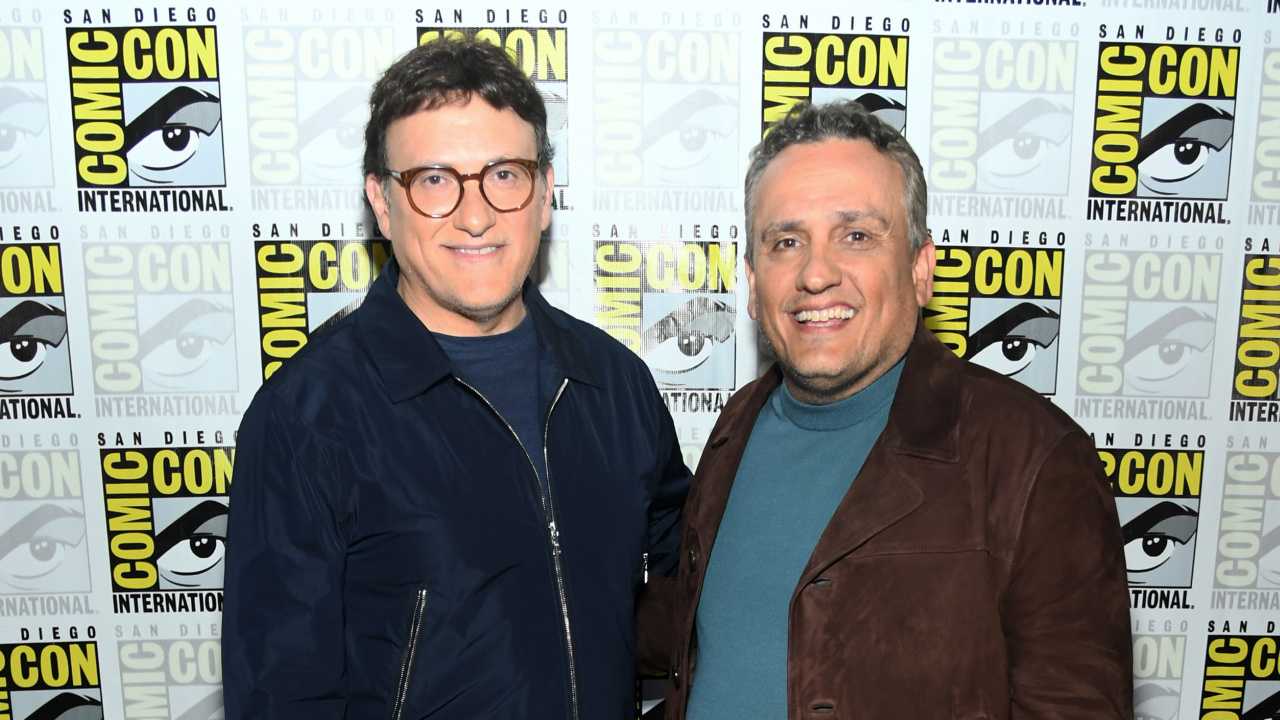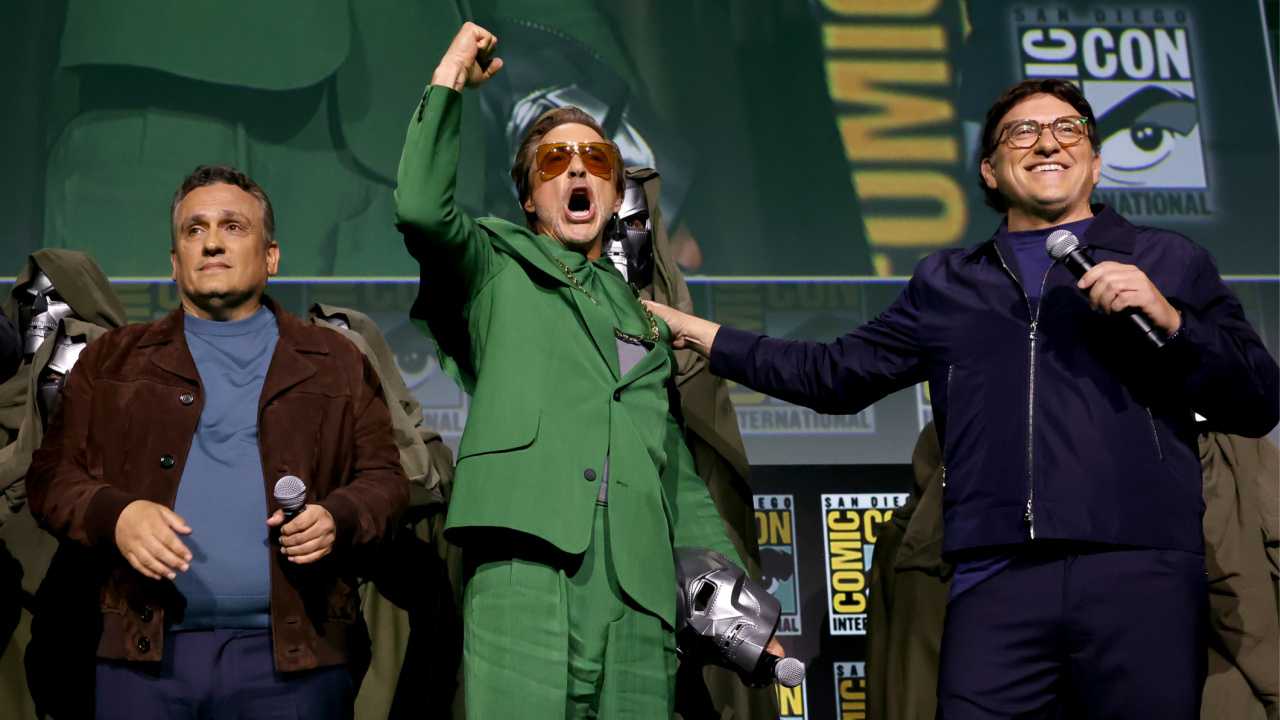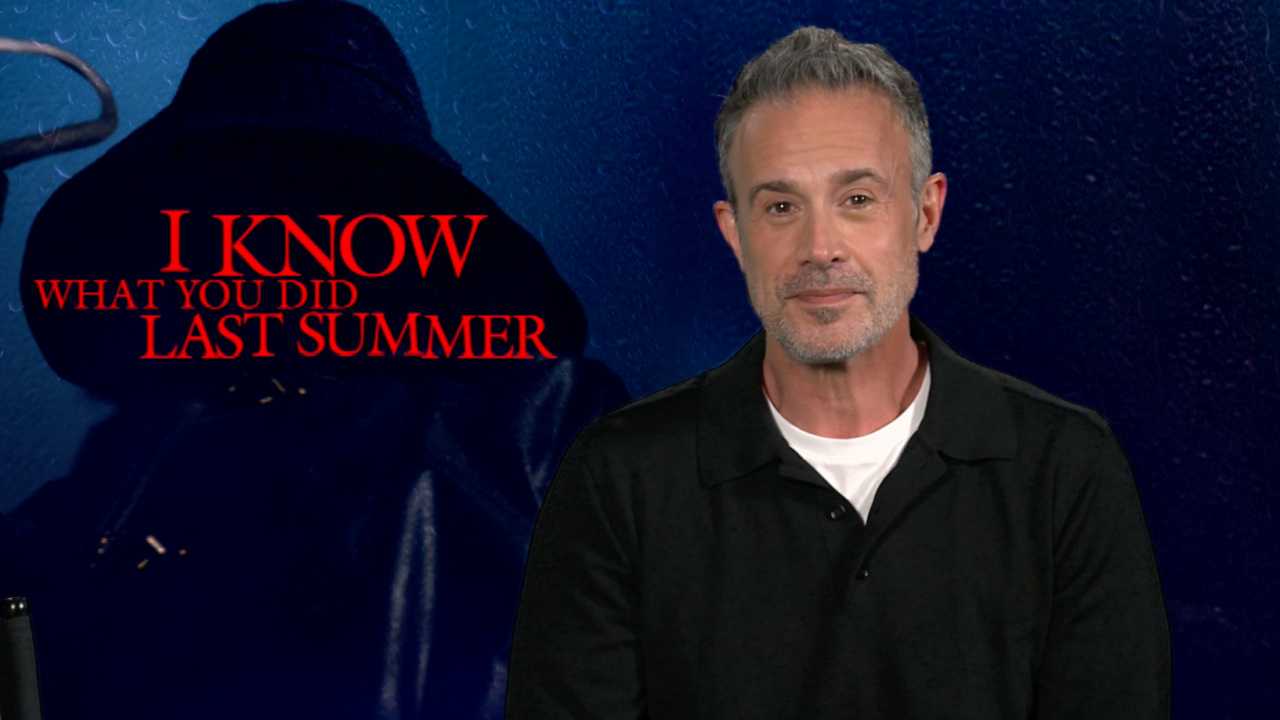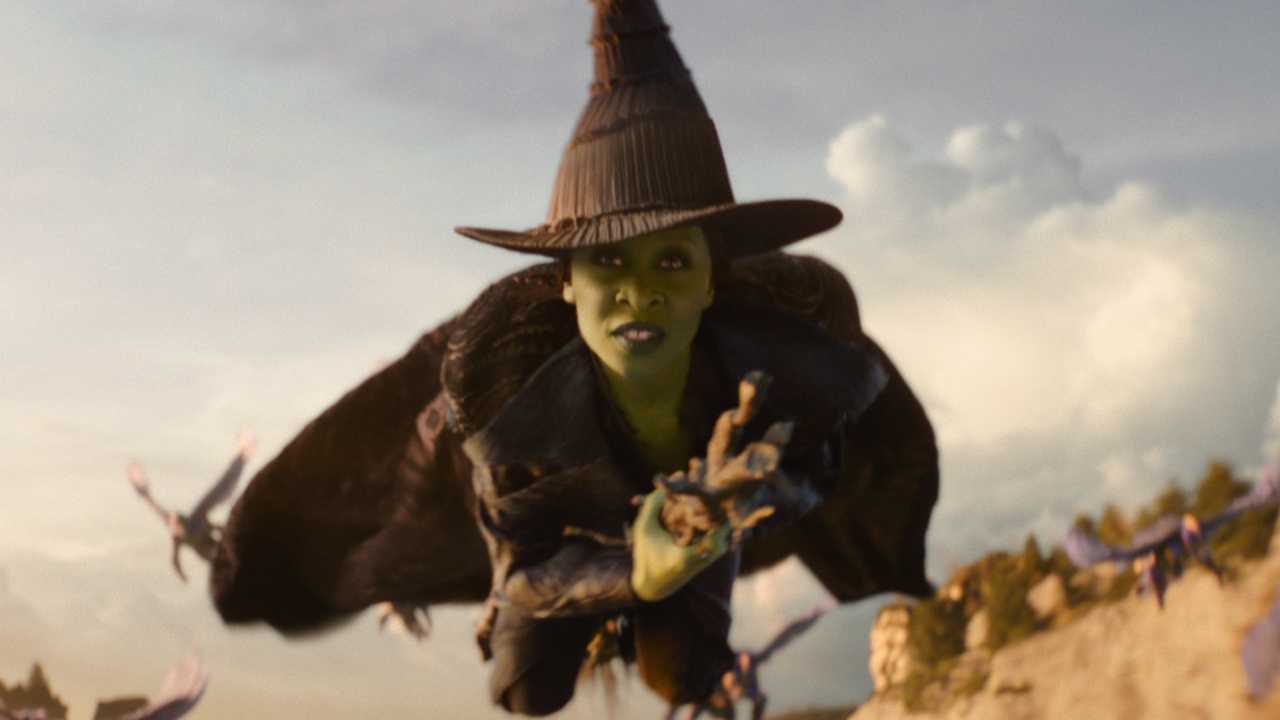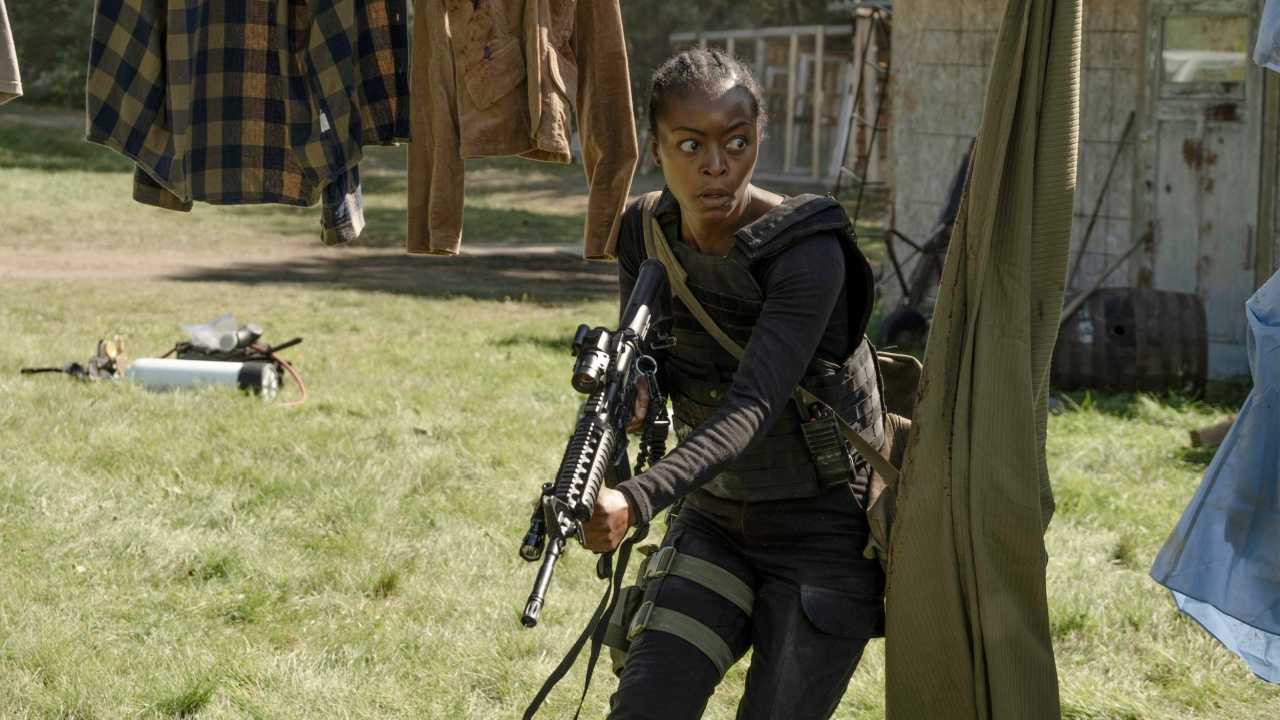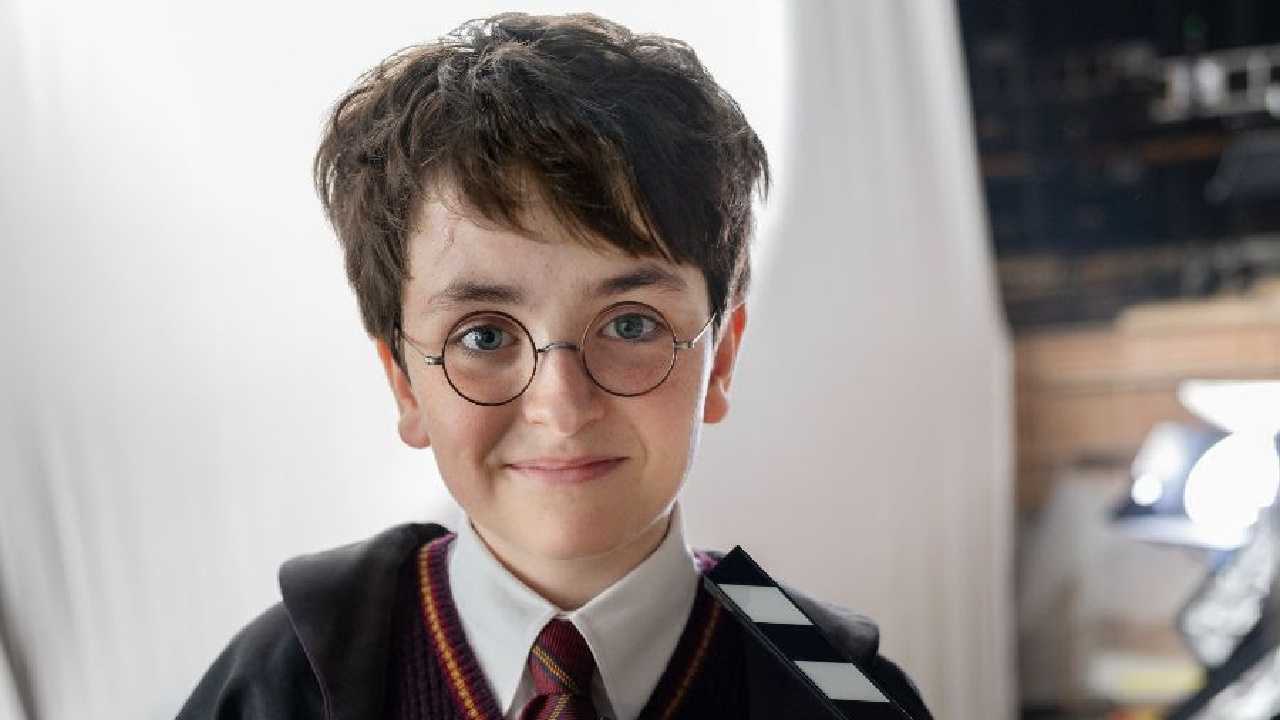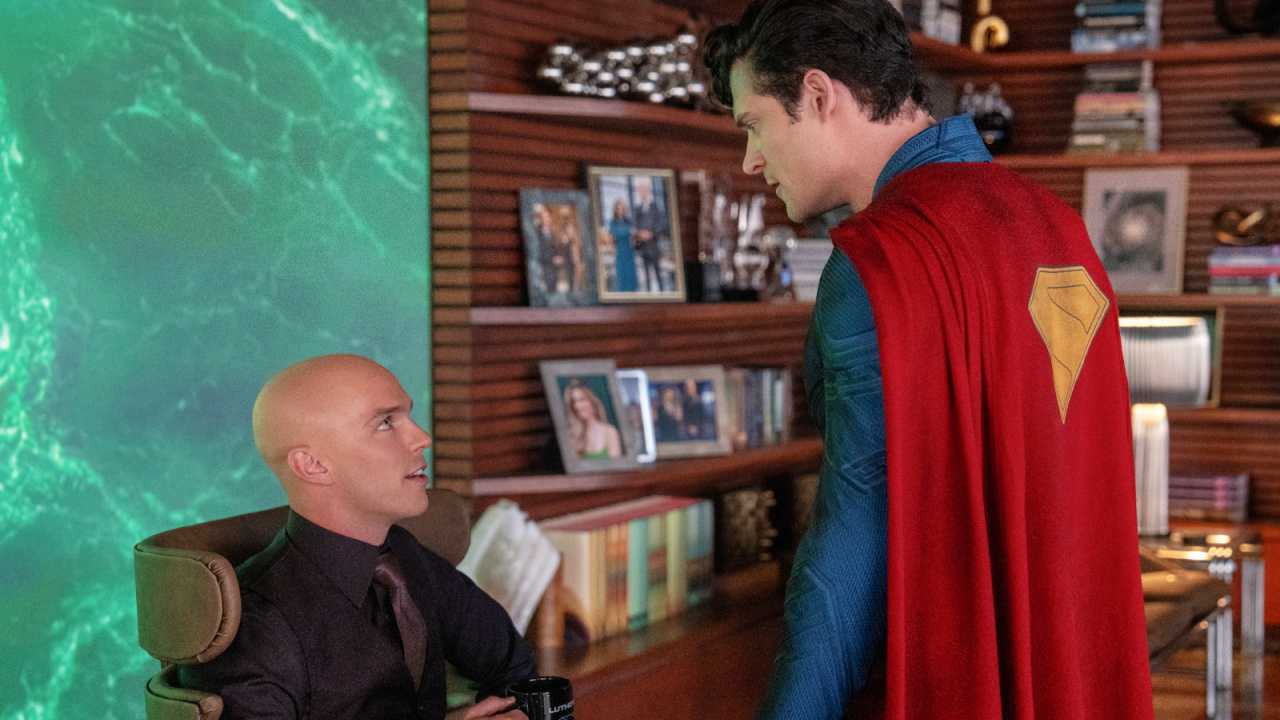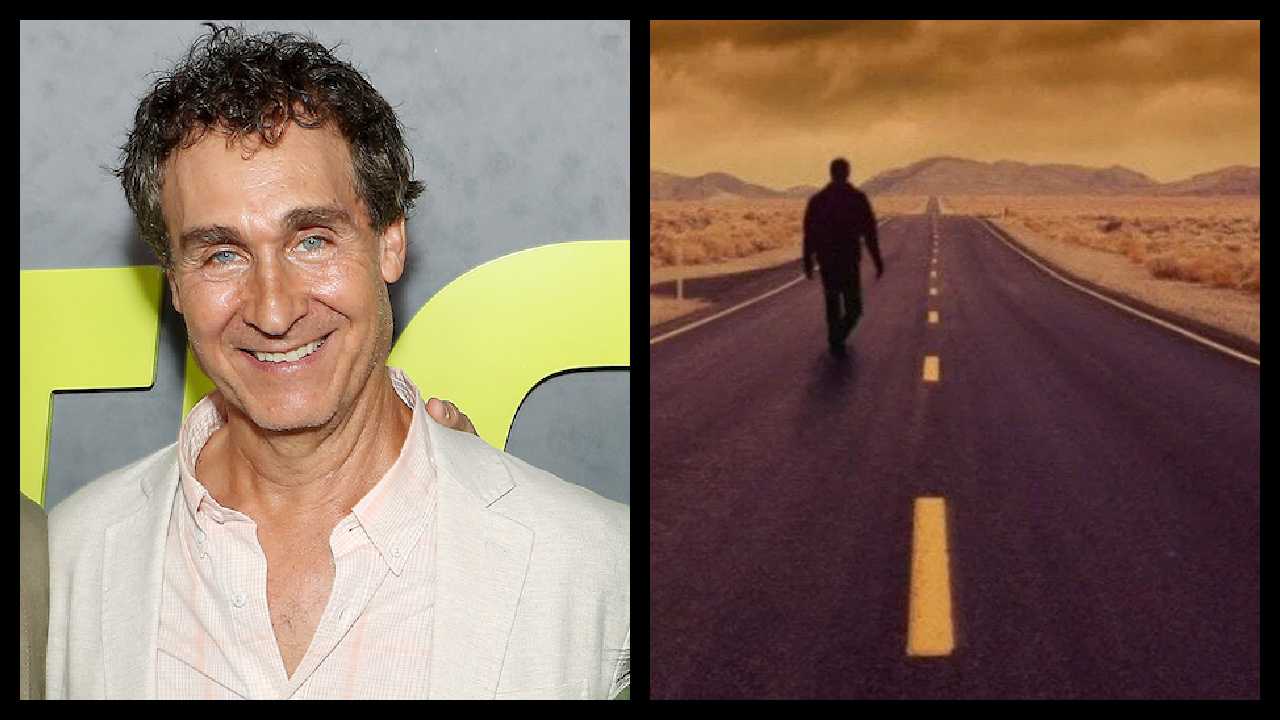'Avengers: Endgame' Directors Joe and Anthony Russo on the Importance of Storyboards (And Throwing Them Away)
This weekend, Marvel’s “Avengers: Endgame” opens everywhere and it’s hard to remember a movie that was more hotly anticipated or obsessed-over. (Seriously, some projections have it making $1 billion worldwide in its opening weekend.) Not only is the conclusion to last summer’s “Avengers: Infinity War” but it also serves as a literal and metaphorical capper to the last ten years of Marvel Studios (and the 22 films that encompassed it). It’s incredible to think of the pressure that comes along with this film, pressure that rests largely on the shoulders of Joe and Anthony Russo, the filmmaking team behind both of these recent “Avengers” films, as well as “Captain America: The Winter Soldier” and “Captain America: Civil War.” (Not too shabby, right?)
We were lucky enough to sit down with the brothers at the recent “Avengers: Endgame” press junket, where we talked about the role of pre-visualization methods and second units in a film of this scale, making the movie feel different than “Infinity War,” and the difficulty in keeping the movie a secret (especially since toys have to be made ahead of time). Please keep in mind that when we conducted the interview, we had only been shown two very short scenes from very early in the movie, and nothing else. Now that we’ve seen all of the film, we have many more questions for them, and so much more adoration.
Can you talk about the role of pre-visualization in making these movies?
Anthony Russo: Well, to the degree that everything is all thought out ahead of time, we're directing what's thought out ahead of time as much as we're directing what happens on set. But yeah, it's extremely extensive. Obviously these movies, they're so complicated whether on a physical production level, if you're doing real stunts or on a visual effects level and all that stuff in order to look that great and be good and also be safe in the case of stunts, you have to very thoroughly planned for it. So we go through a process where we go through very extensive drawing. We do a lot of traditional storyboarding, but we also do very extensive animation. We call it pre-viz, where we track all the sequences that way and sort of develop it. It’s a tool for us to figure out how we want to shoot it, what we want, what we want to move to be at a visual level. But then it also becomes a document in the same way that the script is a document that tells everybody what to do. All the actors know their lines, the, the production designer knows whether we’re inside the building, outside the building, et cetera. This is also a document that tells everybody involved in the movie how we're shooting something, right? And that's really what it is and that's how we treat it. So once Joe and I get to the point where we feel like, Oh yeah, we've got this pre-viz in the zone of what we want, how we want to execute it. Meaning, is it telling people the scope of what we're going after? Is it seeing as much of a set as we want to have prepared? Is it seeing the number of extras that we have available to us? Is it showing the kind of camera movements that we want everybody to be prepared to do? Et cetera. Once we get it to that point, then we're done with it. That document is good enough for us to go to set with. When we go to set, we have this process by which were basically throw it out when we get to set.
Really?
Anthony Russo: Yeah, because when you're on set, whether it's a stage or an actual location, you have things that are available to you for the first time that you never had available to you before in the creative process of planning this. Now these things are real and not only are they real, but now you're actually seeing them in relationship to one another. And most importantly, you're finally seeing the actors in those spaces, interacting with them. So we tend to go through a very thorough rehearsal process onset where we'll start our shoot day, where we'll bring the actors out, have all the tools there.
Typically we tell the crew to just take a break so that we can have space to work and we’ll just start playing with the scene. We'll start reading, talking about how we thought we would lay it out. And sometimes the way we thought we had lay out is already different from what the pre-viz is because Joe and I had been scouting the actual location as the elements of all come together over the previous couple of days. And we've got new ideas about how we wanted to lay it out in that space. And then we'll go from there. And the great thing is like our team is so good that they can adapt to things like that. Our visual effects capacity so high that we could use visual effects to a plug holes that we may have created by changing the plan in such a way. But yeah, but that's basically our process. So, but that document is critical. Otherwise you would never be able to have a team this large be ready to actually execute something.
But nobody’s going “where’s that shot?” Or ILM isn’t saying “we already finished that sequence” or something?
Joe Russo: No, if it’s a fully CGI shot we'll turn it over prior to going to set because we're not shooting anything for it. But that gets approved through an iterative process where we will go through, seven or eight passes at the shot and then the we're happy with it, then say, great, this can go off and get started and then we'll shoot the rest of this when we get to set.
How crucial are those second-unit guys? There’s been a lot of talk about people wanting a stunt category at the Oscars.
Joe Russo: think it's sad because it's a highly technical craft and very specific and requires an incredible amount of artistry. Second units are invaluable to movies of the scale or valuable whether it’s “Star Wars” or “Lord of the Rings.” There’s a lot of the great work being done by the second unit.
Can you talk about the visual language of the movie? Is it a carryover of what you did on “Avengers: Infinity War?”
Joe Russo: We won’t talk about the style. We'll say that like trap of movies like this where that are, you know, shot back-to-back and tied together through a serialized narrative, is they can feel like the same movie. And one of the ways that you can differentiate movies is through tone and another is point of view. And this will be a different tone and a different point of view.
Setting off on these two movies has it been harder than you thought? Easier? Did something surprise you in terms of challenges?
Joe Russo: Challenges certainly, I mean without question, doing physical aspect of it, shooting two movies back to back for a year straight, it's crazy. And you know, I think working in television for so long prepared us for the grueling hours, but it's not something that we'd ever wish on anybody. It can cause presidential aging. It's accelerates exponentially the aging process. One thing we've learned is that lthis is probably a once in a lifetime experience.
You’re obviously doing a smaller movie next but is there an allure to coming back to a big movie like this?
Anthony Russo: It’s so funny because when we grew up film fans, we had dual loves. One was the sort of big Hollywood epics that everyone else loved. And then we also had this geeky art movie side of ourselves where we love the obscure movies that most people have never heard of it. But yeah, we love making movies at this scale where you can engage global audiences. It’s thrilling to us, to be able to craft stories like this. And we also love the tools that are available to make great movies like this at this budget level. So this is something that I think we’ll return to again and again as filmmakers. But yeah, we're definitely going to go through a little bit of a cycle here where we are using different muscles for a little while.
Were you surprised at all by the reaction to “Infinity War?”
Joe Russo: There’s a very simple math to it. It’s disruption. It's taking our expectations that, okay, this one of the most expensive movies made. And commercial movies are commercial because they ended optimistic. So their expectation is that we're going to give an optimistic ending. And then we play on those beats throughout the entire film. It’s very calculating how we’re trying to set up Thor for victory in the movie or your belief that like he could potentially come to save the day with his magic ax. And then we pull the rug out from underneath. I think that the preconceptions of the audience going into that theater about what kind of movie that was and what the expectations have been for 50 years of commercial storytelling and that we played against those expectations is what caused that response.
Do you have a favorite response?
Joe Russo: Yeah, Mark Ruffalo told this crazy story that he is in New York on a Friday night of opening weekend. He's in a cap and glasses and he's in the theater with this 16-year-old son and all of his buddies. And he said it got to the end of the movie and the lights went out and he said the whole theater just sat there in silence. And then people started getting angry, it was sort of New York crowd. And then he said a guy got so angry that he ripped his shirt off his body and started screaming at the screen, “Why? Why?” And then the Ruffalo said at that point and felt like he needed to theater, lest he be recognized and his safety be in jeopardy.
Have you been involved in the marketing for this? I can’t think of a movie that has shown so little.
Joe Russo: That was always the intention.
Anthony Russo: Yeah, we talked about it quite a bit. Because this is so unconventional and of course there is a level of risk involved on a financial level for Disney. But yeah, we've talked about it extensively. But everybody was very much on board with it. The idea that like the story needs to be protected, the integrity of the viewing experience of the audience needs to be protected.
Joe Russo: Especially in a culture that's really driven to spoil.
Well it’s amazing too with so many toys and books and stuff.
Anthony Russo: It’s very complicated for them to try and bottle that.
Joe Russo: It’s so interesting. It's so weird though, sometimes toys will be based on a draft that he threw out years ago or they just make a toy because they think it's going to sell. So sometimes there will be spoilers with that stuff. But a lot of times it's…
Anthony Russo: Phantom limbs.
Is that what happened with the toy of the Hulk bursting out of the Hulkbuster armor?
Joe Russo: Yeah it’s a phantom limb of an idea we explored a year earlier. But that’s the lead time for toys and then the idea goes away but there’s a toy. So ultimately we don't get that worried about it. And frankly, beyond like, the most ravenous fan base, people aren’t paying attention to that level.
“Avengers: Endgame” is in theaters starting tomorrow night. But you already knew that.

